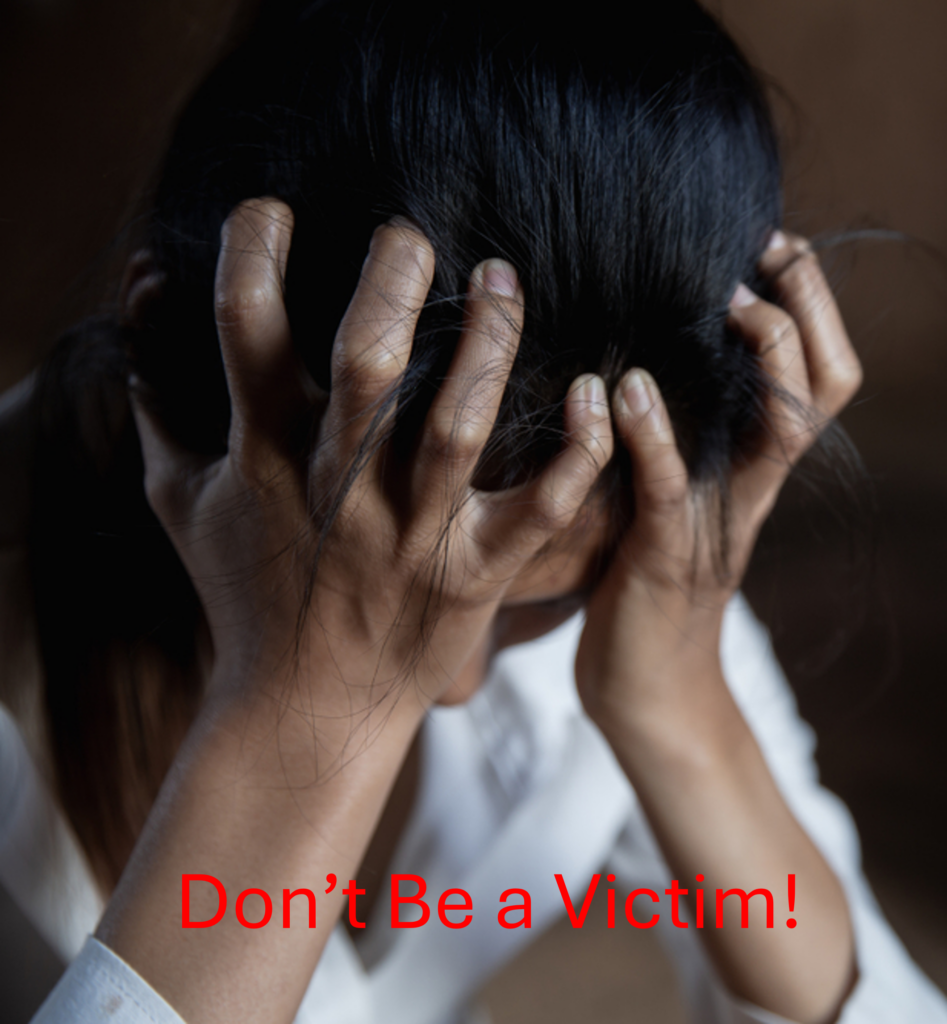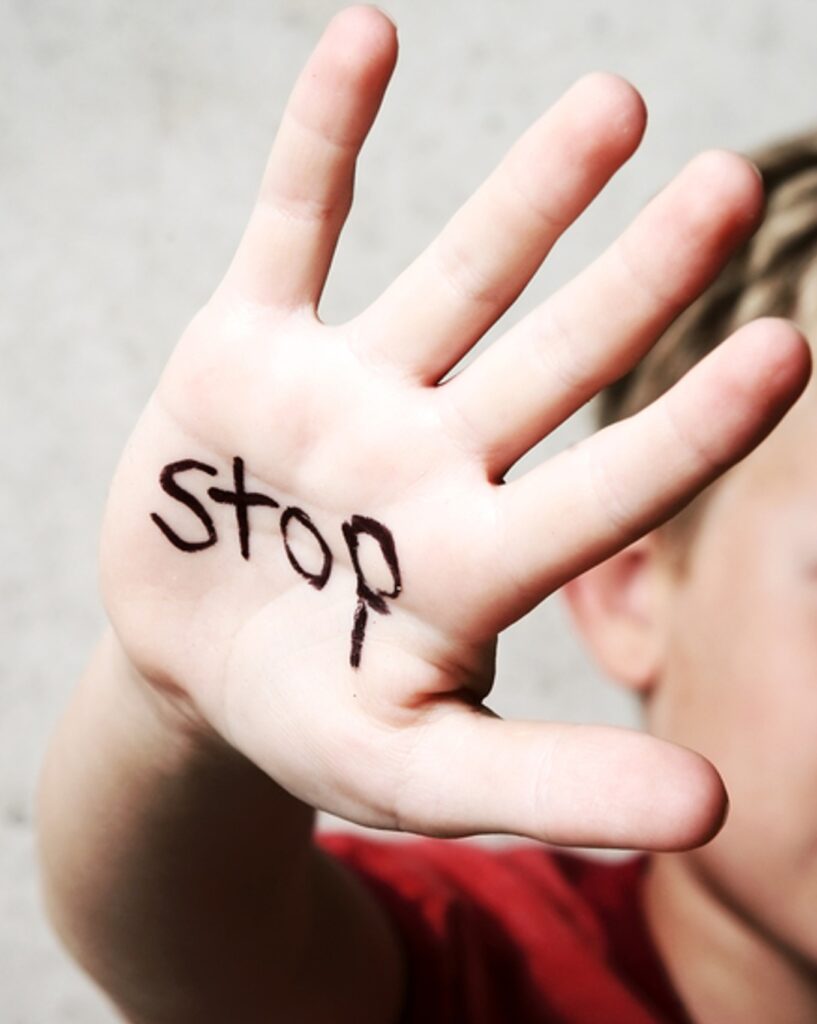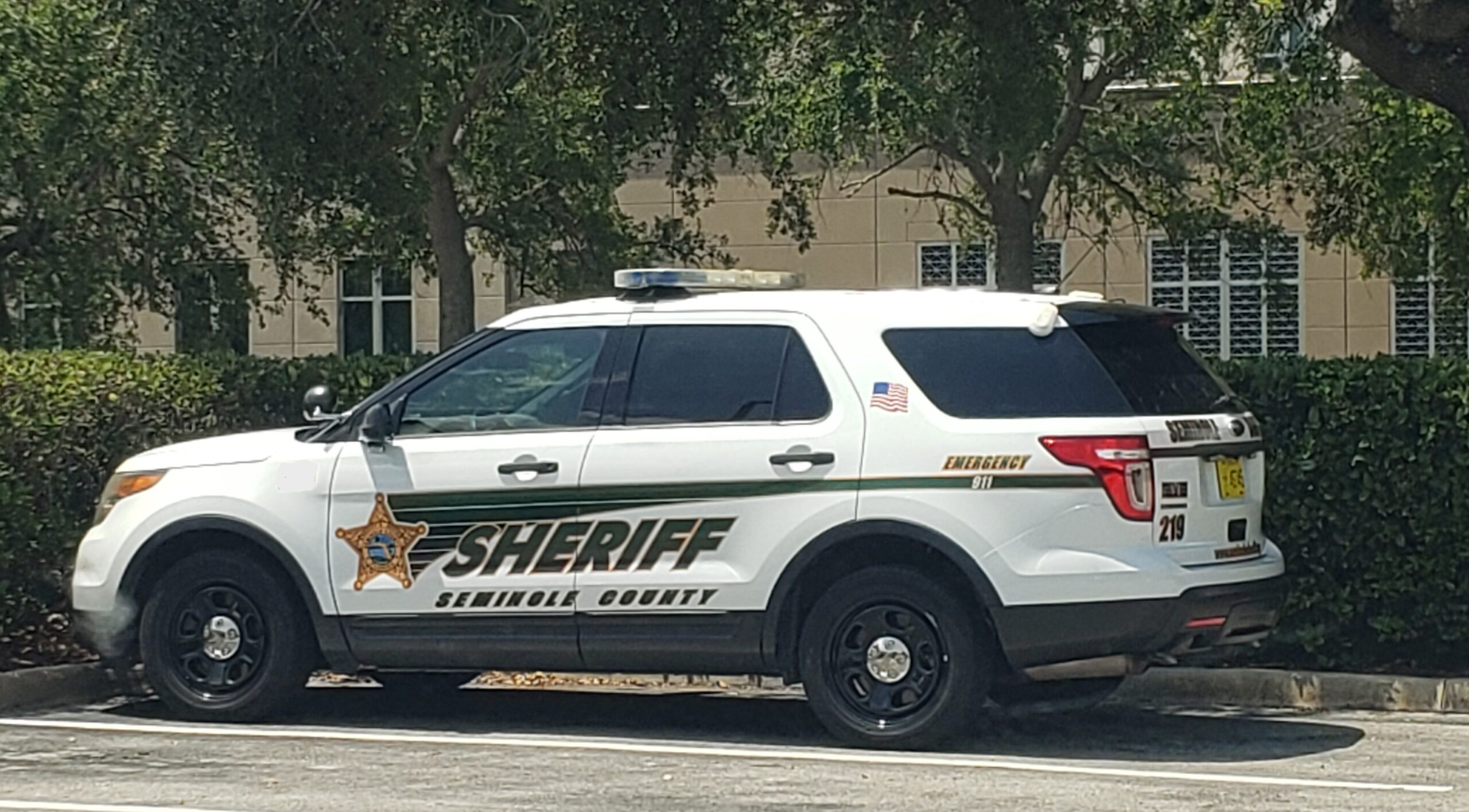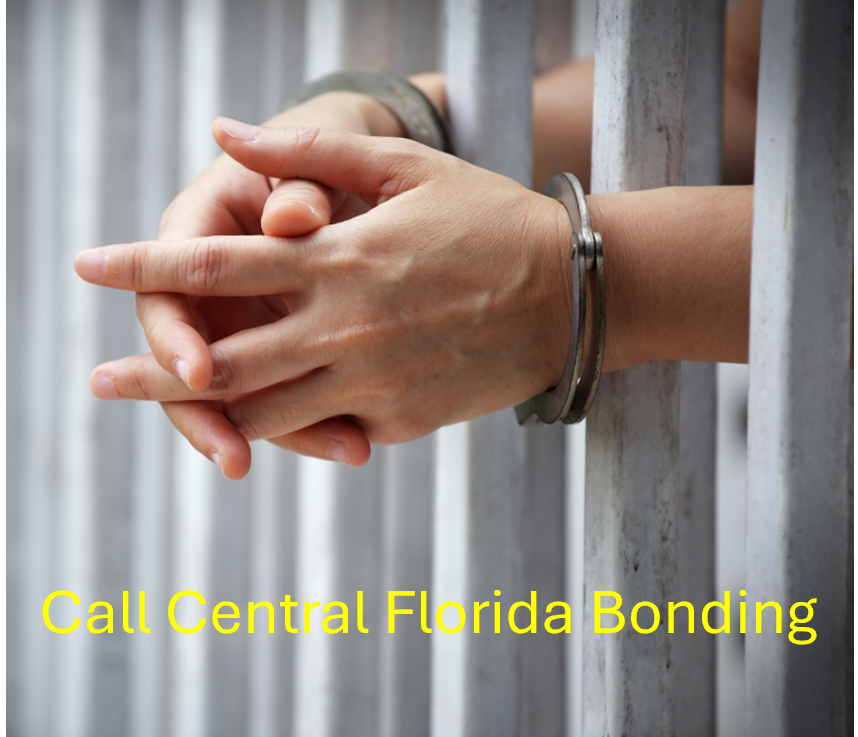Facing Violence After the Storm
As Central Florida recovers from the wrath of Hurricane Milton, Central Floridians may be dealing with not only the damages caused by the hurricane but also the stress and financial burdens of recovery. We usually see a spike in domestic violence after natural disasters thanks to the stress of the entire experience.
The unique combination of environmental stress and close quarters can create a volatile situation in many households. We are happy to write this blog and provide strategies to help families manage stress effectively and safely.

Storm Stress and Domestic Tension
Hurricanes bring more than just physical destruction; they also usher in many stressors that can strain the strongest relationships. Understanding these pressures is vital to maintaining domestic harmony during challenging times.
Key Stressors in Hurricane Conditions
1. Property Damage: The fear of losing one’s home or personal belongings can be profoundly unsettling. This stress is often visible in individuals constantly checking their property’s safety, seeking updates about the storm’s path, or expressing overwhelming concern about potential losses. Such behavior can lead to heightened tension within a household.
2. Financial Loss Due to Work Interruptions: Hurricanes often result in work stoppages lasting from a few days to several weeks, leading to significant financial strain. Signs of this stress may include excessive worry about money, discussions or arguments over finances, or a noticeable increase in frugality as family members attempt to prepare for a reduced income.
3. Displacement from Homes: Being forced to evacuate or live temporarily in shelters or with relatives can disrupt normal family dynamics and routines, causing stress and friction among family members. This stressor can manifest as irritability, loss or disorientation, or conflict over living conditions or privacy in temporary accommodations.
The anxiety and fear triggered by the chaos of a hurricane can lead to heightened irritability and decreased tolerance among family members. These emotional responses, coupled with potential depression and post-traumatic stress, can increase the likelihood of domestic disputes turning violent. Recognizing these stressors and their signs can help families understand and address the root causes of tension during hurricanes, thereby reducing the risk of domestic violence.
Spotting Signs of Domestic Violence
During the upheaval of a hurricane, signs of domestic violence can be more pronounced yet harder to address.
Physical Indicators: Physical signs of abuse may include unexplained bruises or injuries.
Emotional Indicators: Emotionally, victims may appear more withdrawn, anxious, or depressed than usual, particularly under the stress of a hurricane.
Behavioral Red Flags: Potential aggressors might exhibit increased aggression, a need for control, or heavy alcohol and drug use, especially in the stressful conditions of a hurricane. Victims might show signs of fear, helplessness, or drastic changes in behavior.
Strategies for Managing Stress and Violence
Offering practical and actionable coping mechanisms can help reduce the occurrence of domestic violence during natural disasters.
Effective Stress Management Techniques
1. Deep Breathing Exercises: This simple technique can be a quick way to reduce stress. Practice taking slow, deep breaths through the nose and mouth. Each breath should be deep enough to completely fill the lungs, which helps slow the heart rate and lower blood pressure. Encourage family members to practice deep breathing together, perhaps during a family meeting or quiet time.
2. Mindfulness Meditation: Engaging in mindfulness can help individuals stay grounded and calm. Set aside a few minutes each day for family members to meditate together or individually in a quiet space. Use guided meditation apps if beginners need direction. The practice involves focusing on the present moment and observing thoughts and sensations without judgment, which can help reduce anxiety.
3. Establishing a Routine: Disruptions caused by hurricanes can break the normal structure of daily life, adding to stress. Try to maintain a regular schedule as much as possible or create a new routine that suits the temporary living conditions. Setting times for meals, rest, chores, and leisure activities can provide a sense of order and normalcy.
4. Encouraging Open Communication: Create a safe space for family members to express their feelings and concerns about the hurricane and its impacts. Hold regular family meetings to discuss plans, share feelings, and address any conflicts that might arise. This practice not only helps to reduce misunderstandings but also strengthens family bonds during challenging times.
If you find yourself in a domestic situation that is unresolvable it may be time to ask for help. Contact Victim Services of Central Florida, https://victimservicecenter.org/ for assistance.
Awareness & Preparation
Awareness and preparation are vital in preventing domestic violence, especially during the stressful hurricane season. By understanding the signs and managing stress effectively, families can protect themselves from the storm within. Central Florida Bonding is here to help with compassionate and confidential service if legal issues arise. Remember, you are not alone, and help is available. For more in-depth information on recognizing the signs of domestic violence and further discussion on coping strategies, please visit our previous article: Domestic Violence Signs.
If you or a loved one are arrested for domestic violence please call us at 407-841-3646 to bond out of jail.





